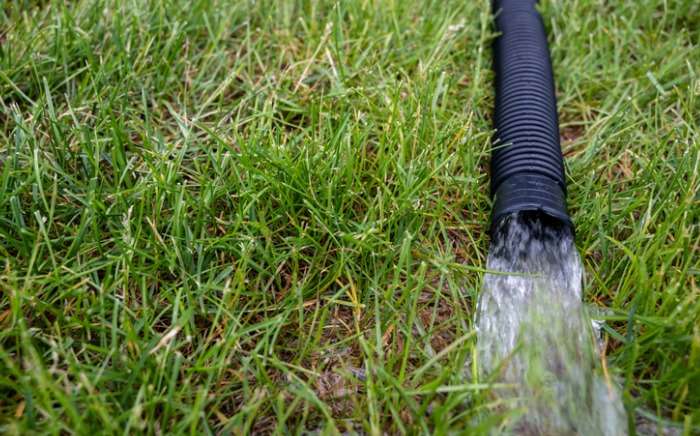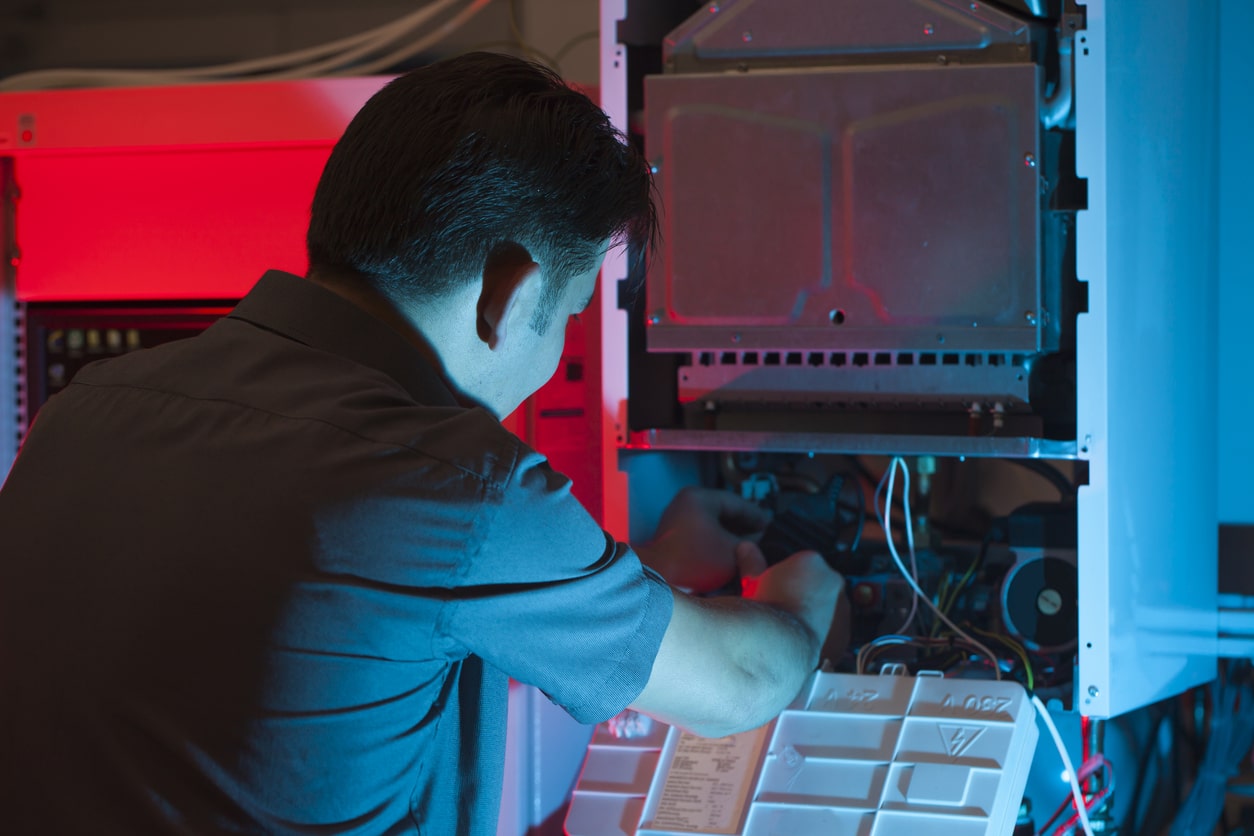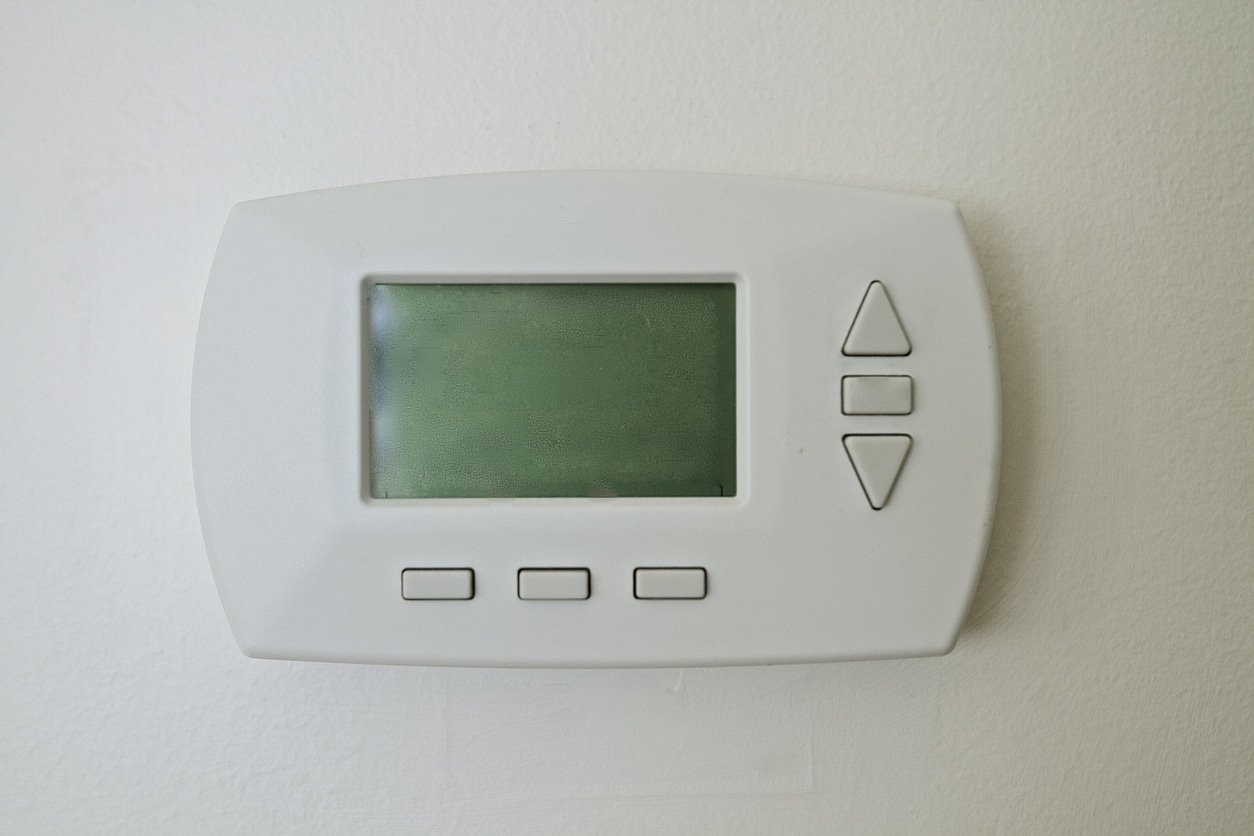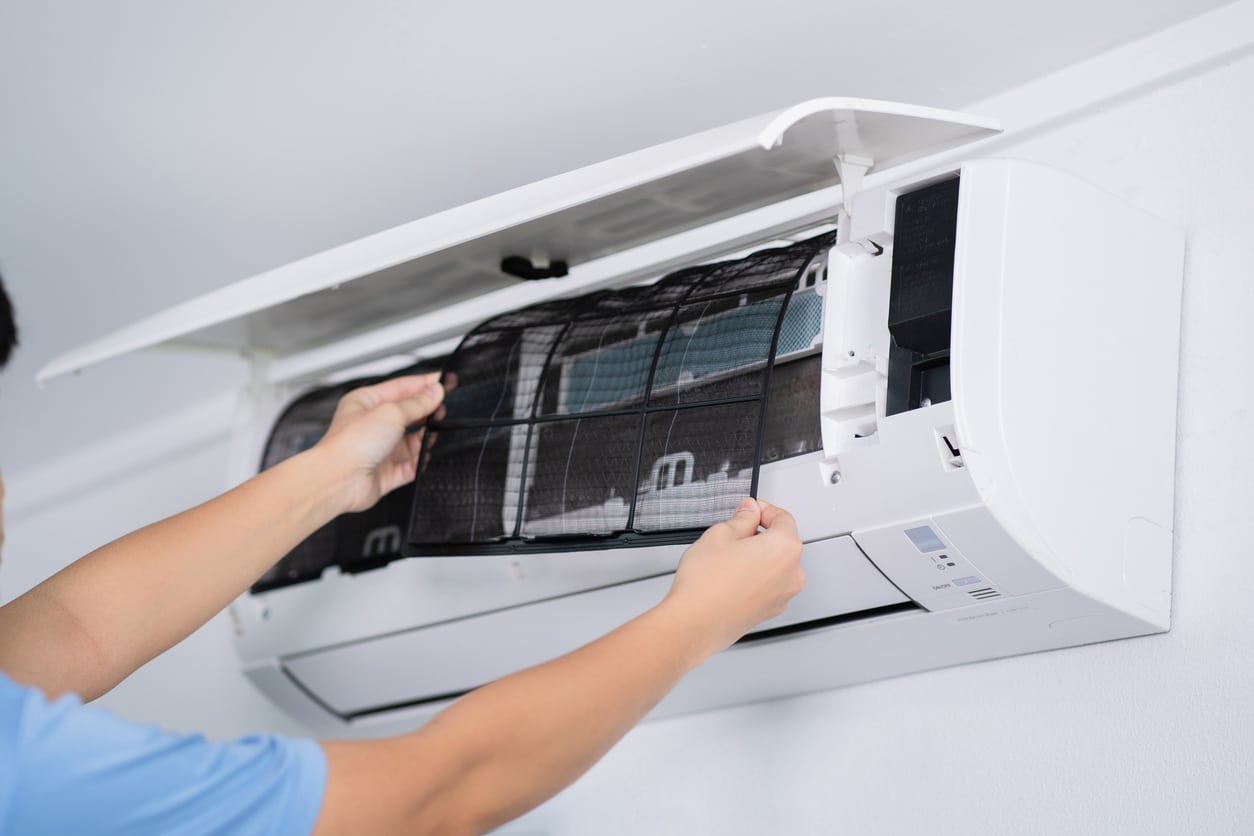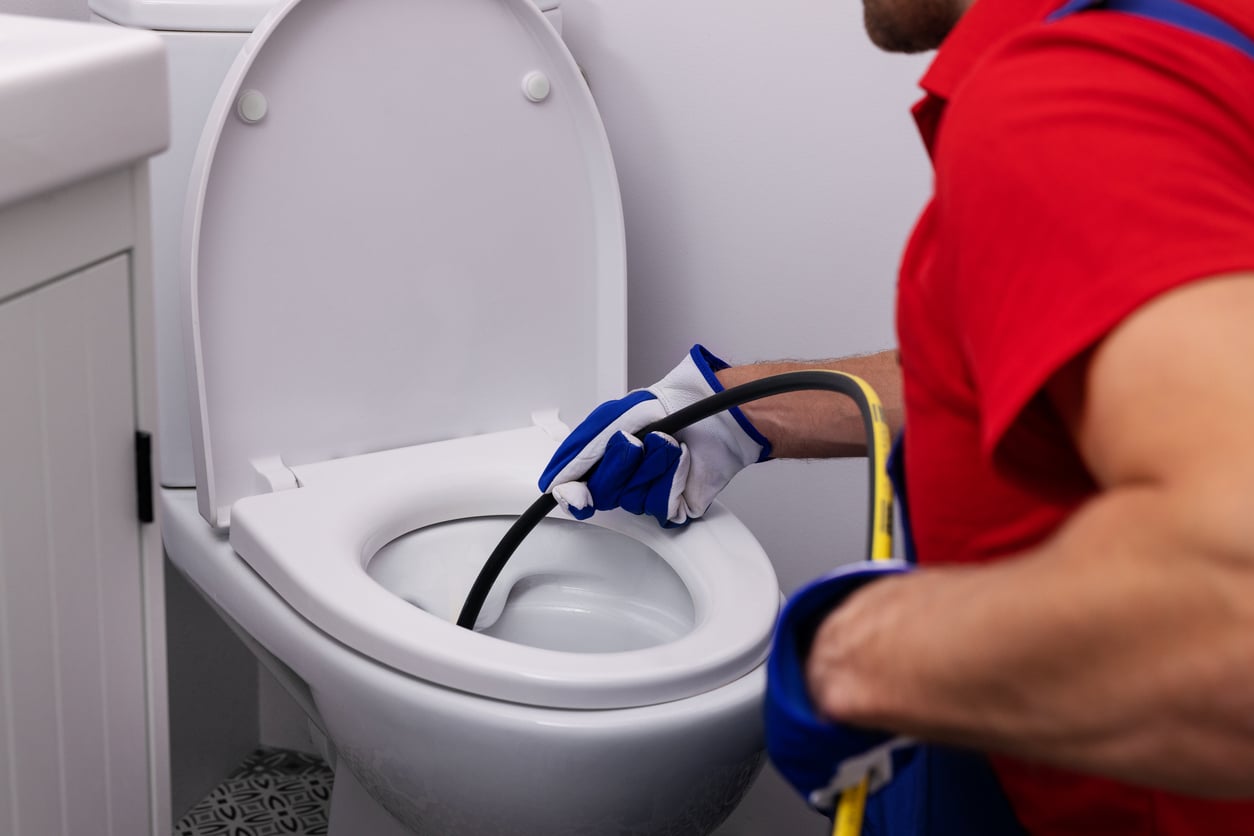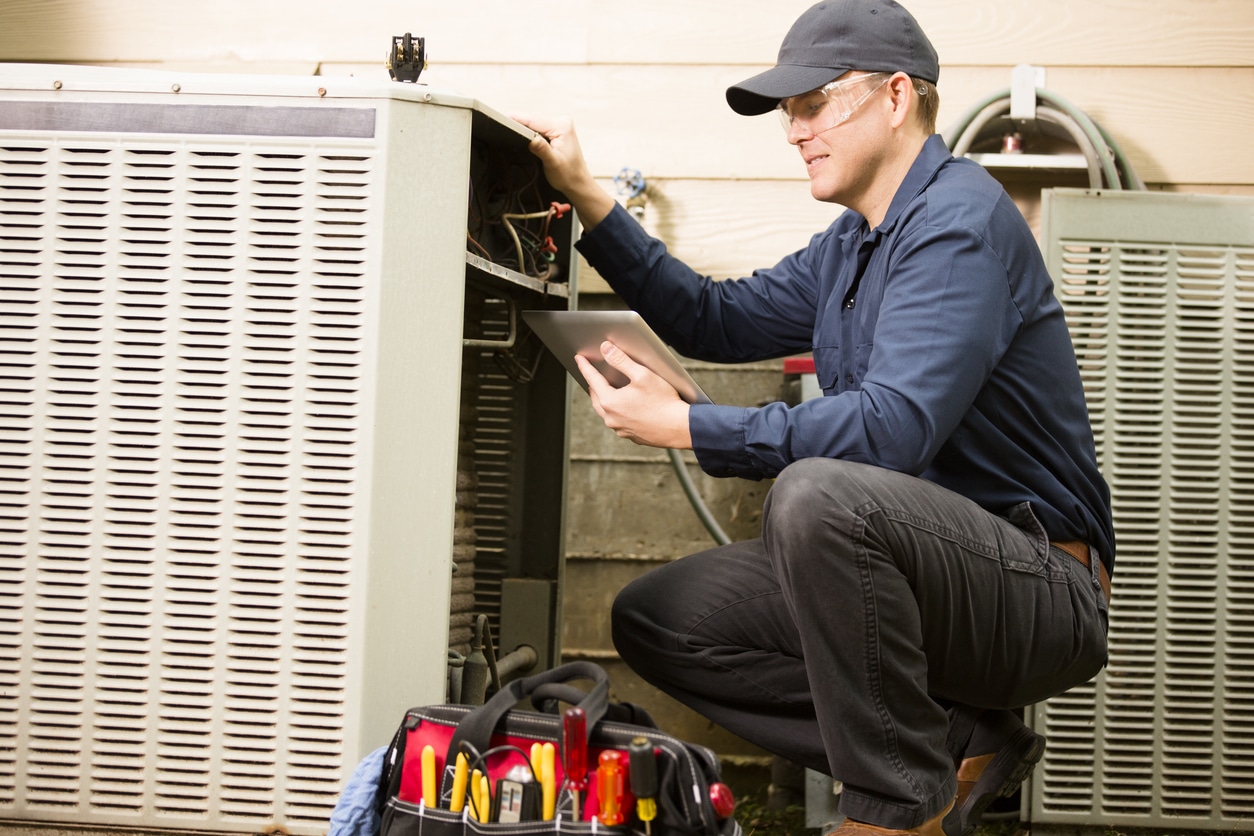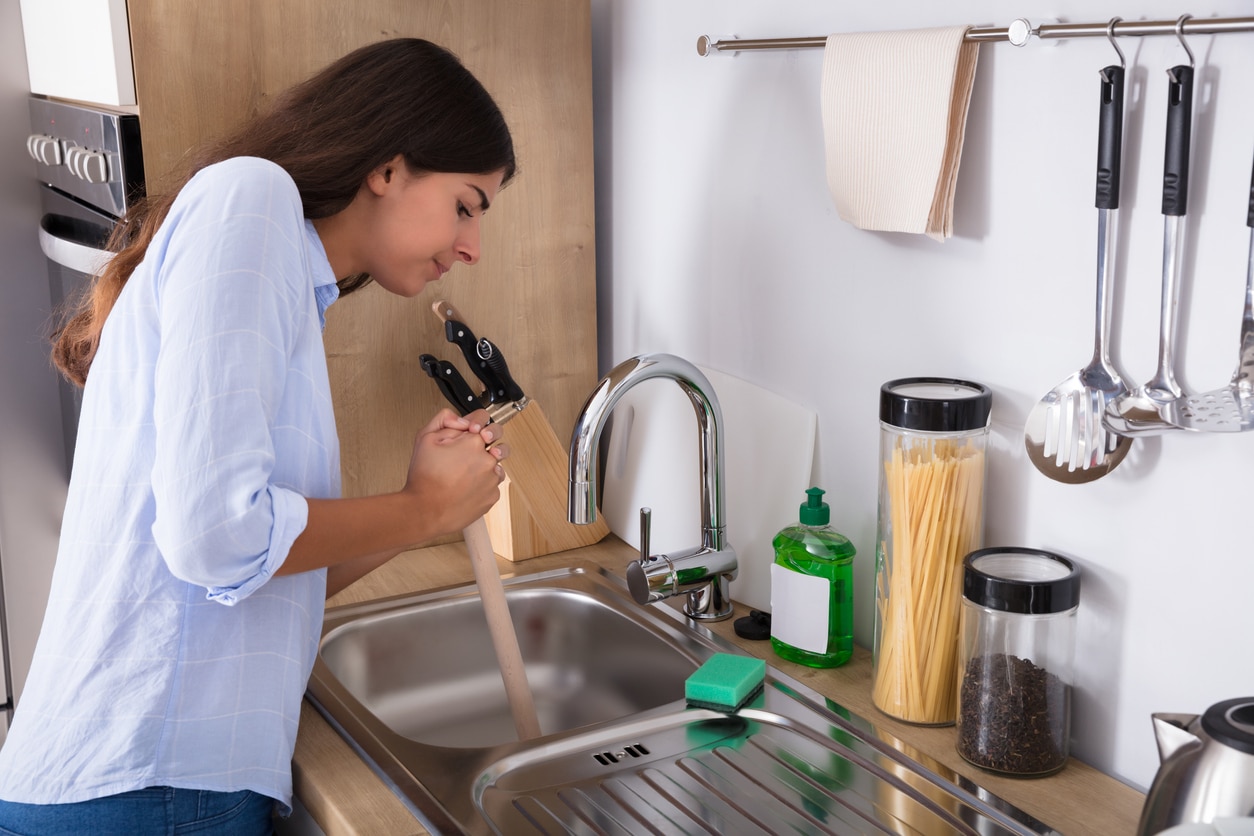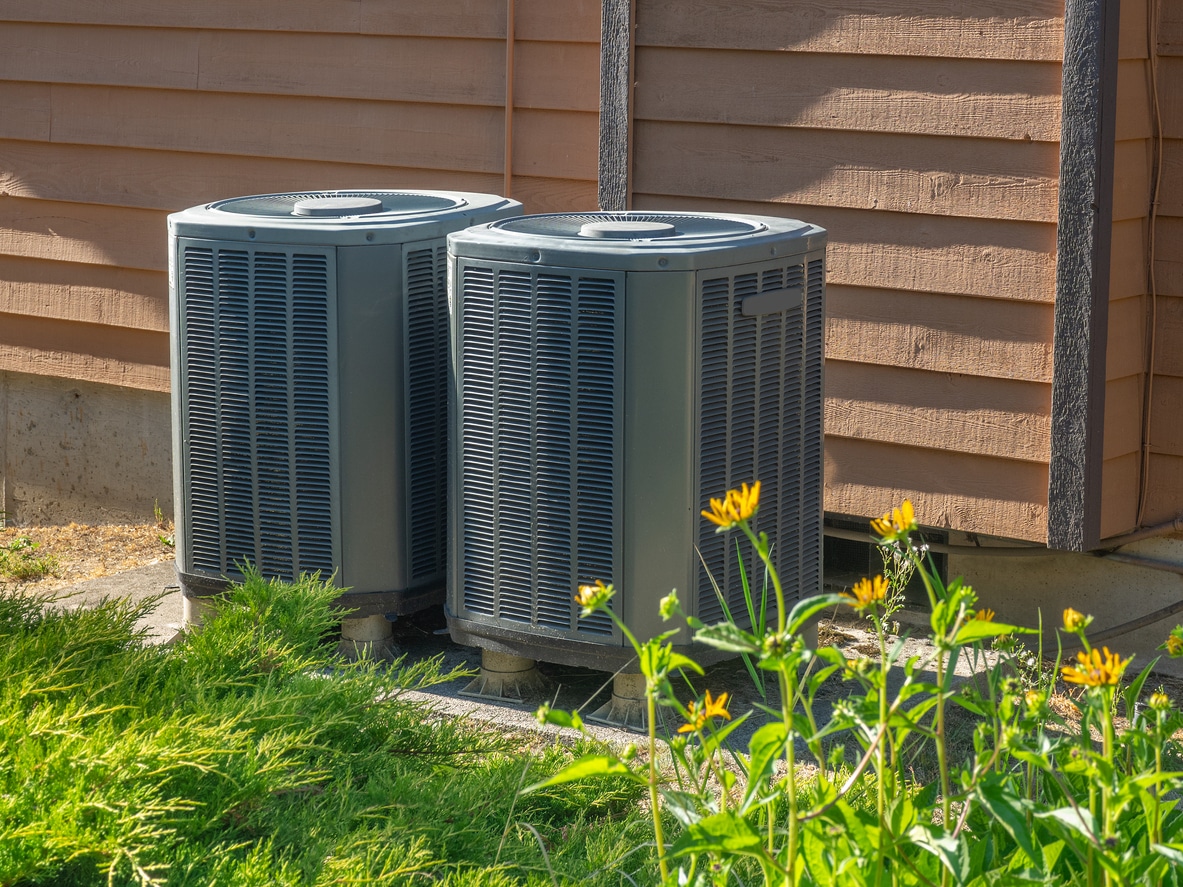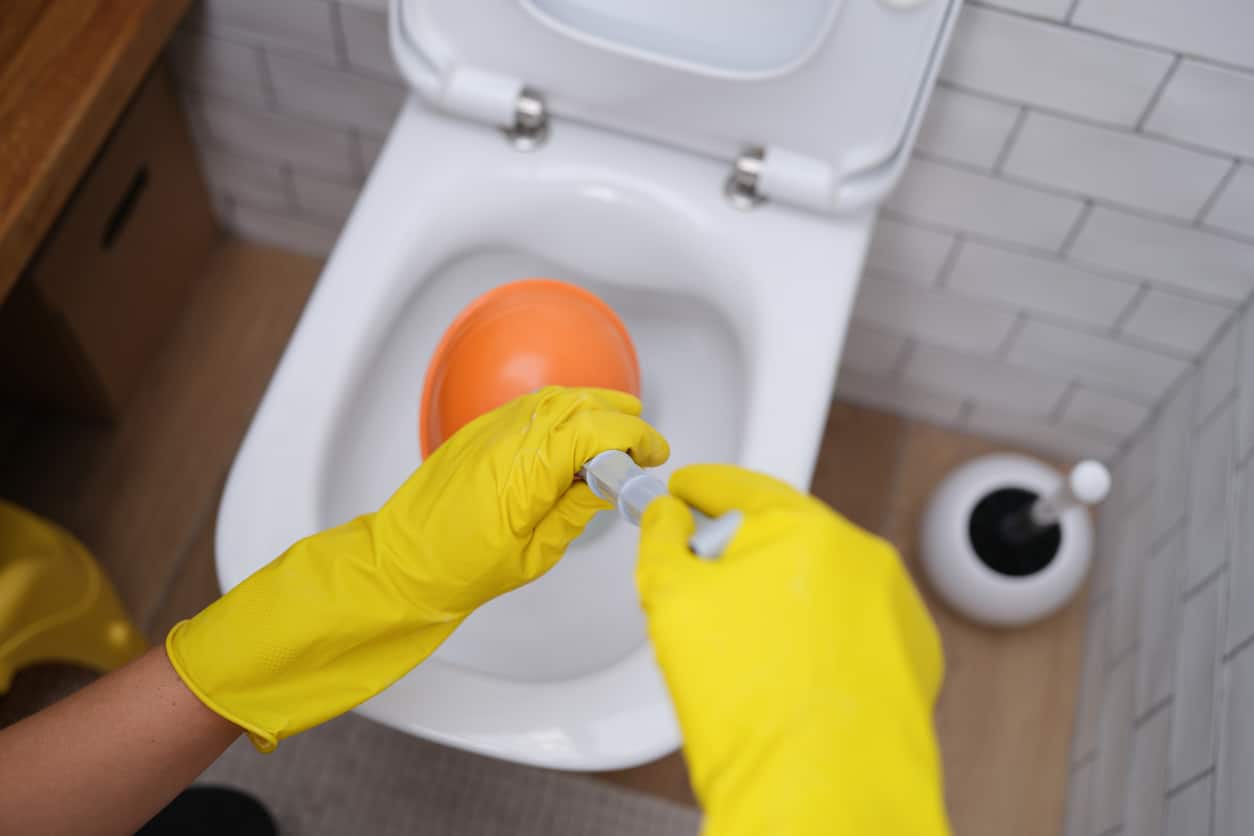Some appliances are underappreciated. Perhaps the most underrated of all appliances is the sump pump. Typically, homeowners don’t even know they have one until their home is full of water. Learn all about sump pumps, including how a mini sump pump could benefit you.
What is a Sump Pump?
A sump pump is a pump that goes in the lowest point of a crawlspace or basement. If any water collects in your home, the pump sucks it up and prevents a flood.You might not think this is necessary, but it could save your home from serious damage. During a rainstorm, water seeps into the soil surrounding your home. Then, the water could build up under your foundation and spread into your basement.If you don’t have a sump pump, the water could result in mold growth or structural damage. Your sump pump could save you from an expensive repair, or it could prevent you from suffering the health complications associated with mold growth.
How Sump Pumps Work
The sump pump is a simple machine. It goes in a sump pit, which is in or near a hole in your basement floor or crawlspace. When water makes its way into your home, it goes into the sump pit. There’s a trigger that turns the sump pump on when the water reaches a certain level.As soon as the pump turns on, it begins to pump water out through a discharge pipe. It doesn’t turn off until the water level is lower than the trigger.
What are the Types of Sump Pumps?
Although all sump pumps are similar in how they function, there are two basic types of sump pumps. First, there’s the pedestal pump. This pump goes out of the sump basin and remains away from the water. Because there’s no sound to muffle the noise, a pedestal pump tends to be loud. It is, however, cheaper than the other type of pump. Additionally, it’s easy to repair because the float switch is outside of the sump pit.Secondly, there’s the submersible pump. This pump is water-proof, which allows it to sit in the sump pit. It can handle more water than pedestal pumps and is capable of pumping solids.
Choosing a Pump Size
If you’re thinking about getting a sump pump, you should choose with care. Choosing the wrong pump could place your home in danger, and your energy bills may be higher than necessary.When choosing a pump, you need to consider its size. The pump should have the right amount of horsepower and gallons per minute. To determine the right size, you need to do some calculations. The area of drainage, depth to groundwater, and basement depth all matter. If you’re not sure what size pump you require, speak with an experienced plumber.The most common pump sizes are .25 hp, .33 hp, and .5 hp. While the standard size is .33, a home with heavy flooding would benefit from a .5 hp pump. It’s capable of removing about 3,000 gallons of water every hour.
Who Needs a Sump Pump?
If you buy a home, there’s no guarantee it will come with a sump pump. But that doesn’t mean you shouldn’t install one. Some homeowners could greatly benefit from installing a sump pump.While homes that don’t experience flooding don’t need sump pumps, homes in flat areas often do. In flat and low areas, water tends to collect. A home built on a flat or low-lying area is likely to experience frequent basement flooding.If your basement has ever been flooded, there’s a good chance it will happen again. Unless you replaced your old foundation or made another major remodel to improve your flooding situation, you should get a sump pump.Homeowners who recently remodeled their basement should also consider installing a pump. If your basement has an unexpected flood, all of your hard work will be ruined. Before you experience a disaster, call an emergency plumbing service near me and learn more about sump pumps.
When Do You Need to Replace Your Sump Pump?
The average sump pump only lasts for seven to ten years. Once a sump pump reaches the end of its life, the cost of repairing it usually equals the cost of replacing it.That said, the life of your sump pump depends on several factors. For instance, it’s affected by how frequently you use it. If your basement has frequent floods, your sump pump may need to be replaced sooner rather than later. The same is true of a pump that needs to displace high volumes of water.There are a few things you can do to make your pump last longer. For one, you could clean the pump on a regular basis. You can also check the pump to make sure it doesn’t run constantly.
Do Sump Pumps Have Warranties?
Generally, sump pumps have short-term warranties. They may only last for one to three years, although some pumps have five year warranties.Your pump could last longer than its warranty. However, you may want to consider replacing your pump shortly before or after the warranty expires. If a rainy season is approaching and you doubt your pump’s ability, you should replace it. You don’t want to be stick with a pump that doesn’t work and a foot of water in your basement.In the end, it’s cheaper to replace a pump than it is to repair flooding damage. Don’t make the mistake of replacing your sump pump after a flood occurs. Replace it before you experience damage.
How Hard is it to Install a Regular or Mini Sump Pump?
As a homeowner, you should leave sump pump installation to the experts. If the installation isn’t perfect, your home could be at risk.For the best results, work with a professional plumber. Whether you have a mini sump pump or a regular one, you can rely on us at Reliability Home Services. To learn more or schedule your appointment, give us a call.

